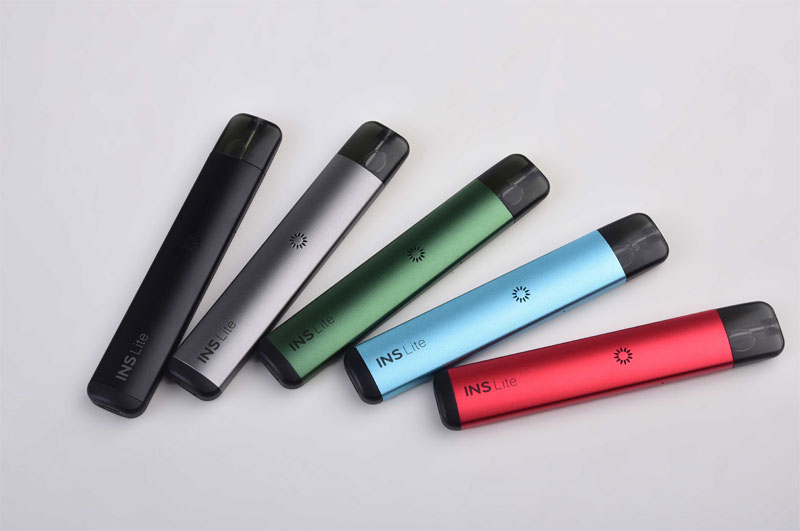E-cigarettes, known for their convenience and potential as an alternative to traditional smoking, have witnessed a remarkable rise in the Philippines. With growing awareness about the health implications of smoking, many find appeal in these electronic devices that promise fewer harmful effects. In this exploration, we delve into the factors contributing to the burgeoning popularity of e-cigarettes in the Philippines. E-cigarettes, or e-cigs, utilize a liquid commonly referred to as e-liquid or vape juice. This liquid contains nicotine, flavors, and other chemicals that are vaporized and inhaled, mimicking the sensation of smoking without the combustion of tobacco. As with any emerging trend, several dynamics are influencing the surge in e-cigarettes, particularly in a region traditionally dominated by tobacco products. One significant factor is the perception of e-cigarettes as a safer alternative to conventional cigarettes. Public health campaigns and individual testimonies often highlight that e-cigs produce fewer toxins due to the absence of tobacco combustion. This perception, however, requires further scientific backing, prompting debate among health professionals. The allure of flavors offered by e-cigarettes is another key component drawing Filipinos, especially the youth. From fruity to menthol, e-cigarettes offer a plethora of flavors that enhance the user’s experience, making vaping a more attractive option than traditional, tobacco-flavored cigarettes. Such diversity in flavors taps into consumer preferences, fostering increased interest and usage. Moreover, the availability and accessibility of e-cigarettes in the Philippines contribute significantly to their rise. With numerous local and international brands penetrating the market, consumers are presented with a range of choices, accommodating different price points and preferences. This easy accessibility, along with targeted marketing strategies, bolsters consumer engagement with the product. Marketing campaigns often capitalize on the trendy nature of vaping, portraying e-cigarettes as a stylish and modern alternative to smoking. These campaigns, coupled with celebrity endorsements and social media influence, resonate particularly with younger demographics who value trends and social image. Price is another crucial factor. E-cigarettes can be more cost-effective in the long run compared to traditional cigarettes. Although the initial investment for the device may be higher, the lower cost of e-liquids compared to regular cigarette packs makes vaping a more economical choice over time. However, concerns remain regarding the regulation of e-cigarettes in the Philippines. As the industry grows, calls for stricter regulations and oversight become more pronounced to ensure safety and protect public health. Regulatory frameworks are crucial to managing health risks and preventing the sale of e-cigarettes to minors, thus safeguarding vulnerable populations. Furthermore, debates continue to swirl around the health implications and potential risks associated with e-cigarette usage. Users and health advocates alike demand comprehensive studies to understand long-term effects and ensure informed choices for consumers. In this context, policy-makers face the challenging task of balancing consumer freedom with public health priorities.
Frequently Asked Questions
Are e-cigarettes really safer than regular cigarettes?

While e-cigarettes are perceived to be safer due to the absence of tobacco combustion, ongoing research is necessary to conclude their long-term effects on health.

What flavors are available for e-cigarettes?

E-cigarettes offer a wide array of flavors including fruity, menthol, dessert, and more, catering to diverse consumer preferences.
What is the legal age to purchase e-cigarettes in the Philippines?
Philippine law requires individuals to be at least 21 years of age to purchase e-cigarettes, in line with efforts to protect minors from nicotine addiction.



